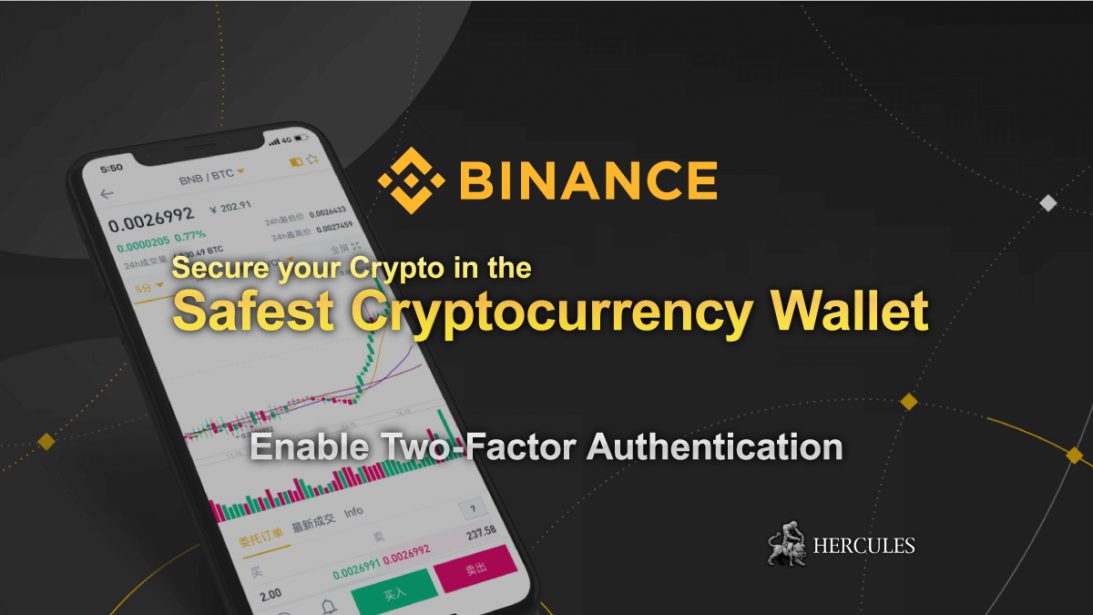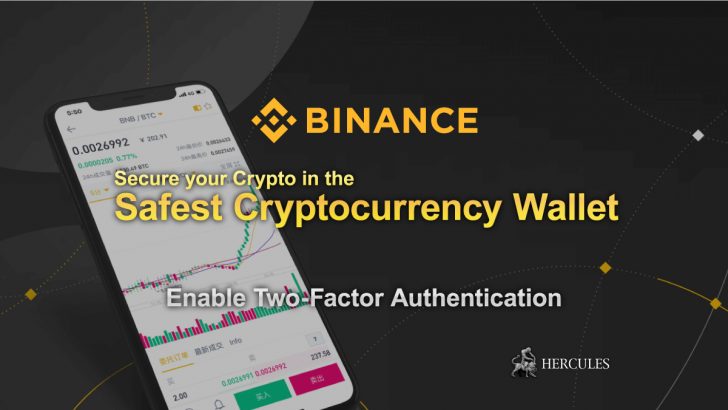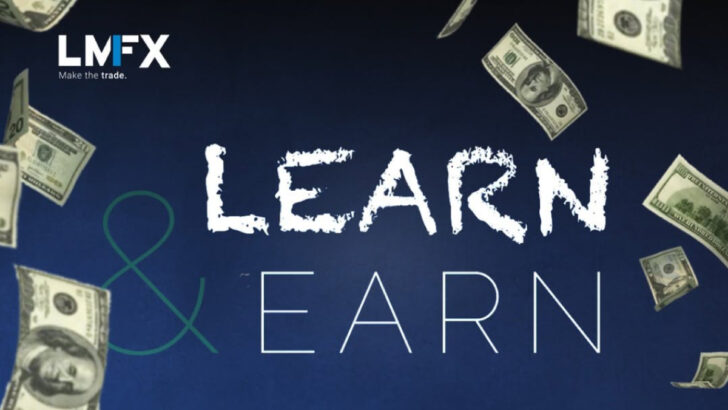Categories
What's the safest Cryptocurrency wallet?


What kind of bitcoin wallet is safe?
Have you ever thought that someone is monitoring your online activities? In today’s world, where almost anything can be done on the Internet, you create data through online activity and communication. Worryingly, some voyeurs will use these data traces to steal, compromise, or change your credentials, using them for fraudulent activity without your knowledge.
Holders and traders of cryptocurrencies are particularly vulnerable to cyberattacks because electronic money operates only electronically. Therefore, it is very important to choose a safe and reliable Bitcoin web wallet. To protect your cryptocurrency from hackers, we introduce you to some ways to help you avoid the traps of cybercriminals.
Choose a cryptocurrency wallet that matches your needs
What is a Bitcoin Wallet? This is a special electronic device that can be used to store, send, receive and track digital currency. You can find various types of cryptocurrency wallets online, so be sure to choose the one that works best for your storage and transaction needs. Another key issue to consider is the provider of the e-wallet. Please make sure your wallet comes from a reliable and reputable source. Some cryptocurrency exchanges such as Binance offers users a secure Bitcoin wallet for free, check it out!
Go to Binance Official Website
Enable two-factor authentication
Also, be sure to choose a Bitcoin wallet with two-factor authentication (2FA). This feature adds an extra layer of security to funds by requiring verification before completing account activity (such as logging in, withdrawing or sending funds). It will ask you for a two-factor verification code, so if someone tries to access your wallet, you’ll know right away.
- Encrypt your bitcoin wallet
- In addition to enabling two-factor authentication, encrypting your Wallet is another line of defense against cyberattacks. This feature allows you to set a password to lock your password when someone tries to access your account. Hackers can’t steal your bitcoins unless they know the password you set.
- Regular backups for the entire wallet
- Some wallet providers allow you to backup wallet data. With wallet backup, you can still access your data in the event of a computer system or software failure. You can also easily get your funds or data back if data is stolen or lost. Make sure to use multiple backup devices for easy account recovery. You may need to consider various devices such as hard drives such as paper or USB, CD-ROM, etc.
- Take advantage of multi-signature capabilities
- If you hold a lot of cryptocurrencies, getting a multi-signature wallet is one of the best ways to keep your funds safe. Some cryptocurrency wallets support this feature, requiring digital signatures from multiple authorized users to access the wallet. Without the approval of these users, hackers cannot access your wallet and steal your cryptocurrency funds. See if your wallet supports this feature and enable it now!
- Keep software updated
- Get in the habit of regularly updating your software. Through software updates, your wallet will receive the necessary latest functional improvements and security fixes. Although automatic updates may be easier for users, it is best to be notified before software updates. That way, you’ll know what features the update will add without being interrupted by an install if you’re in the middle of a deal. Alternatively, you can wait a few days before installing the update to ensure that there are no vulnerabilities affecting your data.
- Use different passwords for different accounts
- How many online accounts do you have now? If you use the same password for all your accounts, your data is very insecure. It’s best to use strong password combinations and use different logins for different accounts. You might consider using a combination of upper and lowercase letters, numbers, and symbols to create longer, stronger passwords that are difficult to crack. Confidential information like bitcoin wallet passwords should never be shared with anyone, so you better remember!
- Never give out your key
- Please think of the key as a bank password. The key is the key to your funds, so keep it safe. One way to keep wallets and cryptocurrencies safe is to keep keys offline. You can write it down on paper for safekeeping, avoid spoilage, or use a cold storage device that can be accessed offline.
- Do not click on unknown or suspicious links
- Cybercriminals often set traps through deceptive links. They go to great lengths to grab the attention of their targets, luring them to click unfamiliar links, go to unsafe websites, steal confidential data, and destroy electronic devices. Clicking on potentially dangerous links can put your Bitcoin wallet at risk, so do not click on unfamiliar links.
- Use a secure internet connection
- Do you like public WiFi? Hackers love it too! Free Wi-Fi networks are often insecure, and hackers can easily steal users’ confidential information. If you’re out and about and need to go online, it’s best to use your phone’s data to access password-protected websites and applications, such as bank accounts and web wallets, as well as business and social networking accounts. You can also use a virtual private network (VPN) to secure your connection and turn off your phone’s Bluetooth to avoid unknown connections to other devices.
- Implement these safety tips now
- Hackers are always waiting for an opportunity to steal your data, so use these methods to create the most secure Bitcoin wallet possible and keep potential attacks out. The security, reliability, and accessibility of your cryptocurrency funds are paramount, so be sure to take advantage of the wallet’s robust security features!
If you’re still looking for a safe and secure Bitcoin wallet, you can get it for free at Binance! Just create an account and get a cryptocurrency wallet that lets you buy and sell Bitcoin (BTC) and Tether (USDT) in over 300 methods.
Binance will never ask for your login information. Please keep the above advice in mind and be cautious against cyber attacks.
Stay safe!









